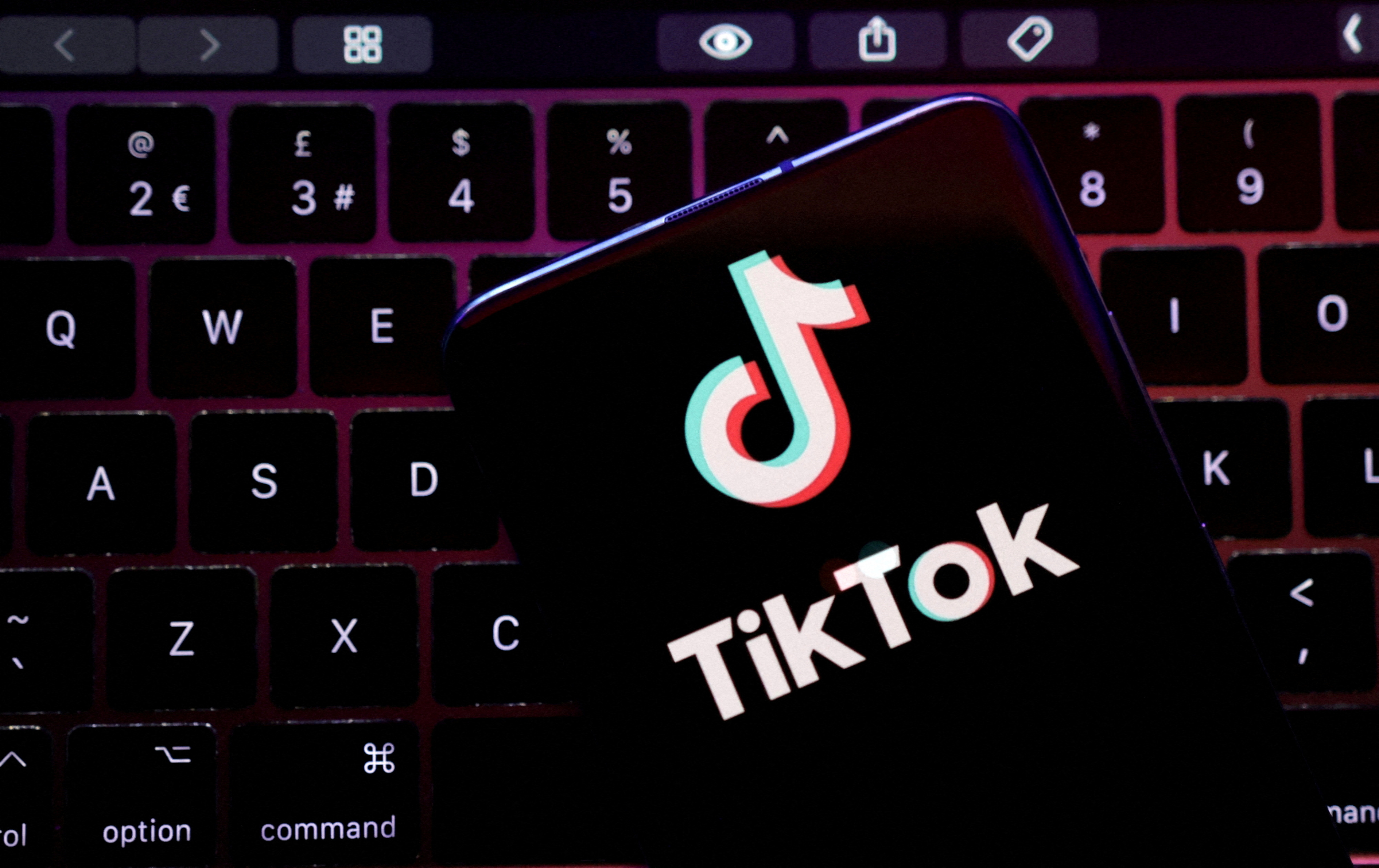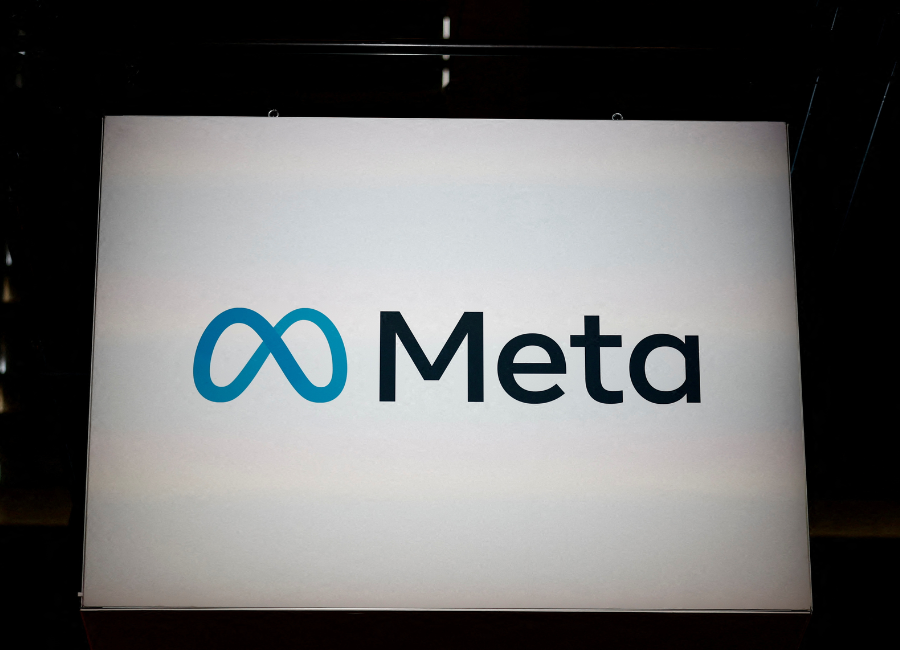Fines levied by Russian courts against Alphabet’s Google and YouTube, Meta, TikTok, and Telegram seem to have been resolved, as these companies no longer appear as debtors in the state bailiffs’ database.
As of Wednesday, the state bailiffs’ database, accessed by Reuters, indicates that Google, Meta, TikTok, and Telegram are no longer registered as debtors. However, fines against X (formerly Twitter) and Twitch remain in the database, with amounts totaling 51 million roubles ($560,730) and 23 million roubles ($252,879), respectively.
Representatives from Google, Meta, TikTok, and Telegram did not immediately respond to requests for comments, and state bailiffs were not immediately available for contact.

Tensions between Russia and foreign technology companies have escalated due to disputes over what Russia considers unlawful content and a failure to store user data locally. These disagreements intensified after Russia’s invasion of Ukraine in February 2022. Following the invasion, Twitter, Meta’s Facebook, and Instagram were blocked, and Google-owned YouTube became a specific target of the Russian government’s criticism.
In late 2023, a Russian court imposed a fine of 4.6 billion roubles ($50.4 million) on Google, calculated as a percentage of its annual turnover in Russia. Meta, labeled as “extremist” in 2022, has also faced fines as a proportion of its Russian revenue.
The removal of these tech giants from the state bailiffs’ database suggests that the fines imposed on them have been settled or addressed through negotiations with Russian authorities. The resolution of these cases may be part of broader efforts by technology companies to navigate complex regulatory environments and maintain their presence in key markets.
Despite the apparent resolution of these fines, the broader issues surrounding censorship, data localization, and content regulations continue to strain the relationship between foreign tech companies and the Russian government. Ongoing developments in this space will be closely monitored as technology companies strive to comply with local laws while upholding global standards for free expression and user privacy.









